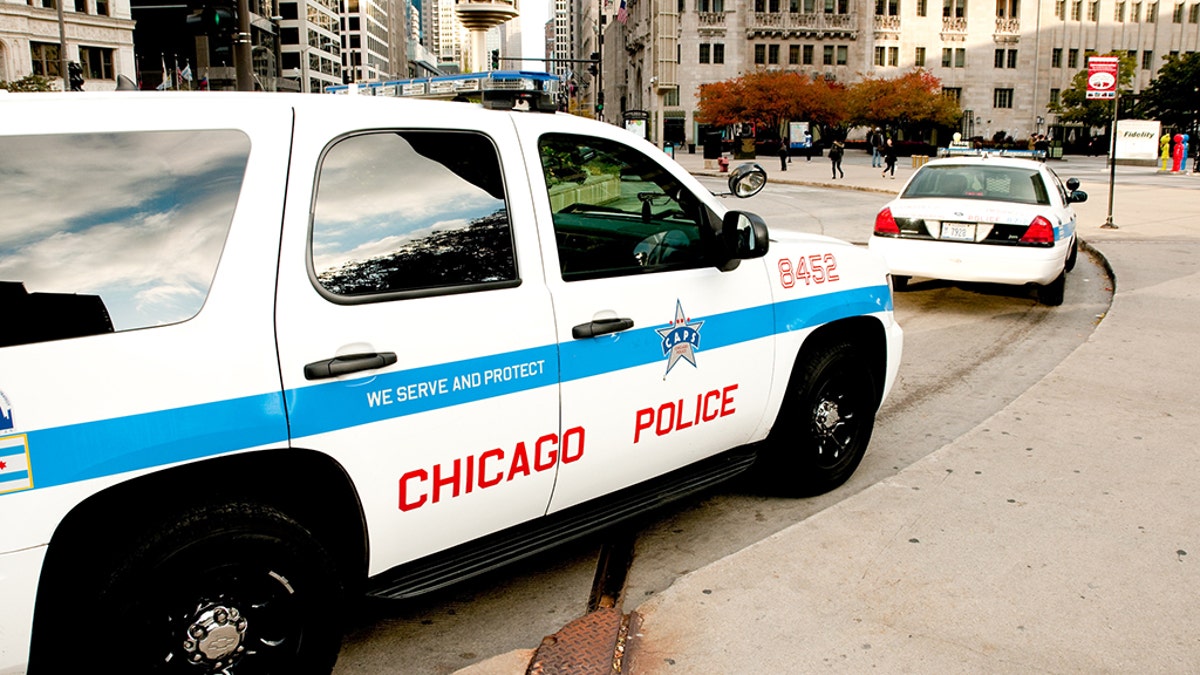
The Justice Department accused the Chicago Police Department of having a "pervasive cover-up culture."
A federal judge Thursday approved a consent decree meant to implement far-reaching reforms in the Chicago Police Department, almost two years after the Justice Department detailed a long history of civil rights violations by officers.
U.S. District Judge Robert Dow wrote in a 16-page order that the city and state had crafted the consent decree to use "as a vehicle for solving ... common problems ... in a manner that defuses tension, respects differences of opinion and over time produces a 'lawful, fair, reasonable, and adequate’ result for everyone involved."
The consent decree will take effect once the court appoints an independent monitor and a monitoring team, which is expected to take place before the end of February. The monitor's job is to ensure that the hundreds of changes called for in the decree actually take place and report to Dow on whether the city is hitting reform benchmarks. The oversight would continue until a judge determines the city has fully complied, a process that is likely to take at least several years.
CHICAGO POLICE RELEASE 'PEOPLE OF INTEREST' PHOTOS IN 'EMPIRE' ACTOR'S ALLEGED ATTACK CASE
Former Illinois Attorney General Lisa Madigan and Chicago Mayor Rahm Emanuel unveiled a draft of the 200-plus page decree in July. It included requirements that officers issue verbal warnings before any use of force and provide life-saving aid after force is used. It also set a 180-day deadline for investigations to be completed by the police department's internal affairs bureau and the Civilian Office of Police Accountability and calls for better training and supervision of officers.
The plan would build on some changes the department already has made, such as issuing body cameras to every officer. One provision will require officers to file paperwork each time they point a gun at someone, even if they don't fire.
Dow did not order any notable changes in the draft, though he could have altered some provisions.
JASON VAN DYKE FOUND GUILTY OF SECOND-DEGREE MURDER OF LAQUAN MCDONALD
Madigan, with Emanuel's support, sued the city last year to ensure court oversight was a central feature of any reform plan. The lawsuit killed a draft plan negotiated with the Trump administration that didn't envision a court role in reforming the department — a departure from practice during former President Barack Obama's administration of using courts to change troubled departments.
Chicago's police union has sharply criticized the legal action, saying a consent decree would make it harder for officers to do their jobs and put officers' lives in danger. Former U.S. Attorney General Jeff Sessions criticized has consent decrees, saying they can unfairly malign good officers.
CLICK HERE TO GET THE FOX NEWS APP
The Justice Department report released in the final days of the Obama administration in January 2017 found that deep-rooted civil rights abuses permeate Chicago's 12,000-member force, including racial bias, a tendency to use excessive force and a "pervasive cover-up culture." The department's investigation was sparked by the release of a video in 2015 showing white police officer Jason Van Dyke shooting black teenager Laquan McDonald 16 times. Van Dyke was convicted of second-degree murder in October and sentenced to 81 months in prison.
Madigan acknowledged in July that there had been many attempts over decades to reform the department and the relationship between police and the community. But she expressed confidence this time would be different. Emanuel said in July at that plan would "stand the test of time." He called it "enforceable, sustainable and durable."
The Associated Press contributed to this report.








































